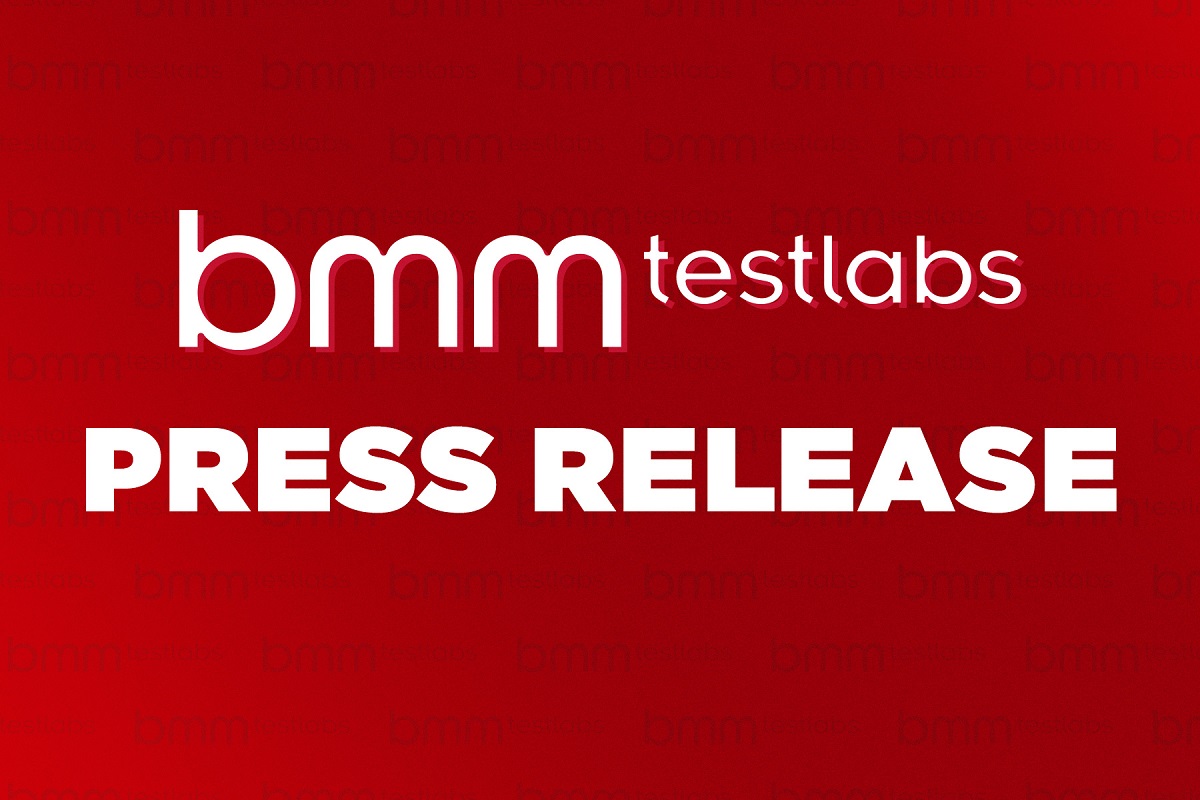
Nebraska: Proposal to Legalize Mobile Sports Betting Advances
Mobile online sports betting would be legal in Nebraska under a bill advancing in the Legislature, but trouble could still lie ahead for the proposal.
Sen. Eliot Bostar introduced the proposed state constitutional amendment that would let people make sports bets on their phone from anywhere in the state. Bostar says Nebraskans are already betting, either by going to a casino, a neighboring state or using illegal, unregulated platforms.
“I introduced this not because I think gambling is a great thing, not because I want everyone to do it, not because I think you should like it, or anyone should, but fundamentally because it’s already happening. Our prohibition on mobile sports betting here in save Nebraska is not stopping anyone from engaging in that activity,” Bostar said.
Sen. Jason Prokop has made the proposal his priority this session. Prokup talked about Nebraskans who cross the Mormon Bridge into Iowa and congregate at the first off I-680 to place bets during the football season.
“There’s no reason why a corn field in Iowa, just off the interstate, should be touted as the busiest corn field in America. Senators, those are your and my constituents using this product, spending their money and paying taxes in another state, simply because our Constitution does not provide for it,” he said.
Bostar said Nebraska is losing tax revenue.
“Nebraska is currently missing out on a $1.6 billion state online industry and $32 million in annual tax revenue, which instead goes to neighboring states like Iowa, Colorado, Kansas and Wyoming. Legalizing online mobile sports betting through LR20CA could significantly boost state revenues dedicated to the property tax credit fund, helping to address the burden of high property taxes,” he said.
Sen. Jared Storm seemed unmoved.
“I’ve been in the body for three months. I’m a freshman senator, and it seems like the common thread I keep seeing here is, if you want to pass your bill or get something through here, you say it’s going to lower property taxes. That’s kind of the buzz word,” he said.
Strong offered a different interpretation of any tax revenue.
“I would view this as taxation by exploitation. We’re going to exploit people to get tax revenue out of them, mainly young men. So you’re going to have students at UNL, students at UNK, other universities, who are going to gamble away their tuition on online sports betting. They’re going to gamble away their rent online sports gambling. I think as state senators, we have to stand up for those people,” he said.
Sen. Rob Clements read a letter from a mother whose son got in financial trouble from sports betting and died by suicide last year.
“The $10,000 bet my son frenetically placed on a losing NHL Stanley Cup game during the last 48 hours of his life, was followed by a series of still more frenetic bets placed in isolation on his phone as he tried to win back his massive loss. It is clear that he died alone,” Clements read.
But Sen. Ben Hansen argued incidents like that should not be enough to prohibit sports betting.
“How far do we restrict people’s liberties and their rights? This is always a tough one, because we do see some of the ills, the pitfalls some of our citizens can fall into. But do we take that right away from them for that reason? If we take away that right because of addictive factors, we better get rid of alcohol. We better get rid of smoking. We better get rid of refined sugar, one of the most addictive things that we legalize here in Nebraska. We better get rid of a lot of addictive behaviors in the state of Nebraska,” he said.
Sen. Rick Holdcroft read a letter from former Congressman Tom Osborne, former Gov. Kay Orr, Sen. Pete Ricketts and State Auditor Mike Foley opposing the proposal.
“Legalizing online sports betting in Nebraska would turn every cell phone, laptop and tablet into a gambling device available 24 by seven, online sports betting can lead to new people developing gambling disorders, puts young men in the addiction bulls eye and will take money away from the main street Nebraska businesses,” he said.
Gov. Jim Pillen has supported legalizing online sports betting in the past. And Sen. Tom Brandt said the proposal should be approved.
“In Nebraska, alcohol, tobacco, gambling, guns, whether you wear a helmet, we let grown ups decide that. We let our people decide that. Does everybody make a good decision? They do not. There are consequences to some bad decisions, but we let them decide for themselves. Mobile betting should be the same way,” he said.
But Sen. Brad von Gillern said mobile betting was an especially threatening form of gambling.
“My opposition to LR20CA is not from a moral position against gambling as a whole. I provided tons of data to you that illustrates that this is a predatory process that primarily pursues young men,” he said.
After about three hours of debate, senators voted 27-16 to give the bill first-round approval. But von Gillern vowed to filibuster it at the second round of debate, when opponents need only talk for four hours, instead of eight, before supporters can try to cut off debate and vote on the bill itself. That takes 33 votes, and von Gillern predicted it would be close.








